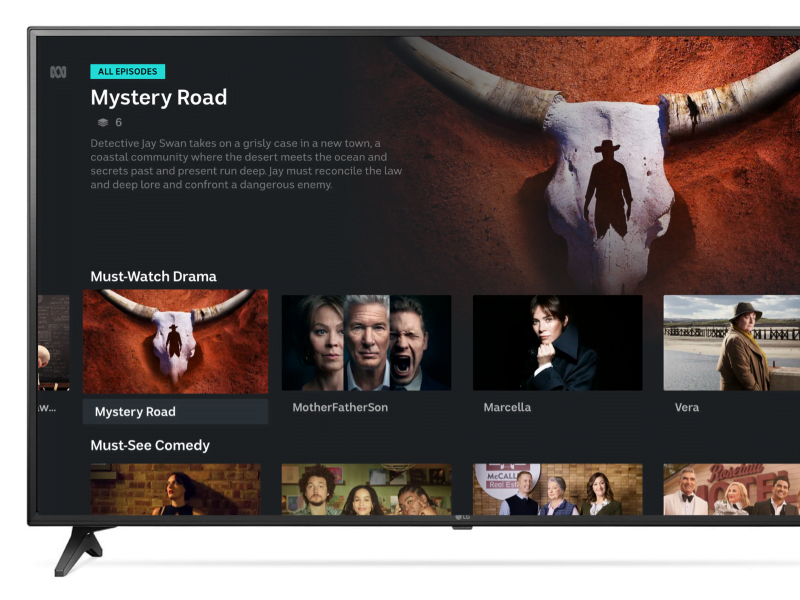Privacy and security experts have called on the ABC to halt its switch to mandatory user accounts at the eleventh hour, warning that the public broadcaster has failed to justify the increased risks of tracking users and sharing data with US tech giants.
Letters to ABC management from the Australian Privacy Foundation and a former privacy commissioner released this week call for the ABC to reconsider the decision, saying the purported benefits are not proportional to the risks they introduce, while a leading cybersecurity expert warned data is still being collected even though users opt-out of tracking.

The ABC intends to make the switch to mandatory user accounts for its iview video-on-demand service on Tuesday, claiming it will allow more personalisation features that it says users want, and that tracking audiences and their viewing habits is now commonplace.
InnovationAus understands the latest calls to reconsider have not swayed the ABC and it intends to press ahead with the switch it had initially hoped to make last July.
The move will force millions of iview users to register an account to keep watching, and has been described as “unnecessary, intrusive, inconsistent with community expectations” by the Australian Privacy Foundation (APF).
The APF sent detailed concerns to ABC chair Ita Buttrose at the start of the month. Ms Buttrose responded in writing last week but failed to justify the move, according to the privacy foundation.
“Thanks again for taking the time to reply in detail to our concerns. However, despite the benefit of some clarifications, the fundamental weakness of the case for mandatory registration seems unchanged,” APF chairman David Vaile and board member Juanita Fernando wrote in response.
The advocates now want the public broadcaster to abandon mandatory logins or at the very least least conduct community consultation and retain unregistered success.
Currently, iview registration requires personal details like name, email, location, date of birth and gender. Viewing habits are tracked and shared with Facebook, Google via an intermediary company for advertising on the US giants’ platforms.
Iview users can opt-out of the data sharing with third parties, but it is on by default and requires a manual change in account settings, while data experts contend the information may still be being collected and shared.
The public broadcaster insists it is moving with the times of digital media and the accounts are needed to offer features like watchlists, resumption across devices and personalised recommendations.
Former Australian Privacy Commissioner Malcolm Crompton also wrote to ABC management, urging managing director David Anderson to reconsider in June last year.
Mr Crompton questioned whether users are being adequately informed about data collection, use, and sharing, and warned some young, elderly or others with less familiarity with technology could be locked out.
He also questioned whether personalisation is a “desirable goal” for a national public broadcaster.
“If ABC viewers want a ‘personalised experience’, they would opt in. Opt-in data collection, data sharing and personalisation, if done transparently, would be a choice for those who want it,” Mr Crompton wrote.
“For me and others, the very last thing I want is ‘personalisation’ which becomes a set of blinkers that removes peripheral vision.”
The former privacy commissioner was joined by Thinking Cybersecurity chief executive Vanessa Teague in criticising the move on Monday. She warned the ABC is exchanging information about users with digital platforms including Facebook and Google without consent and even when account settings are set to opt out of personalisation.
There is no option to opt out of the underlying data collection and sharing, according to Professor Teague, an eminent cryptography and data sharing expert.
“We own this broadcaster and already paid for this material. Every Australian should be able to explore its excellent content and challenging topics without those explorations being tracked, recorded, and disclosed to companies that fuel global misinformation,” Professor Teague said.
This article was updated to clarify Ms Teague’s comment that data sharing is already occurring.
Do you know more? Contact James Riley via Email.

